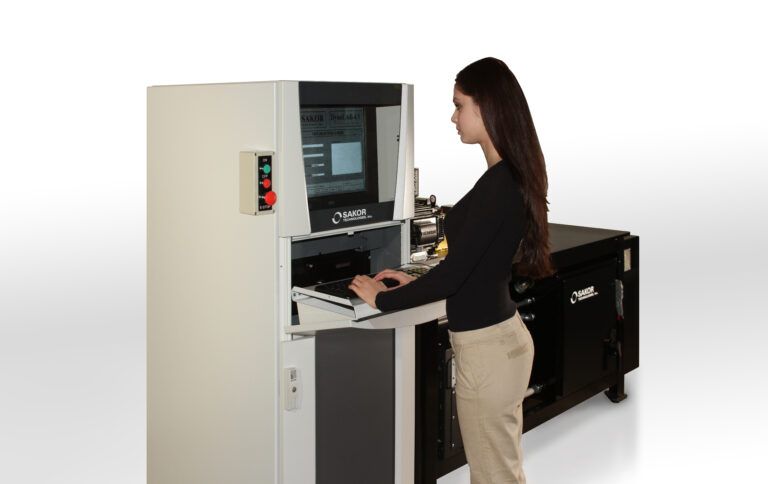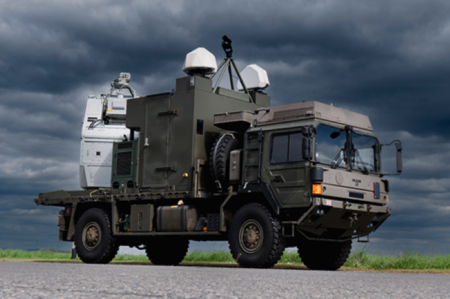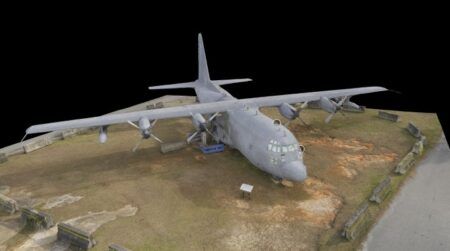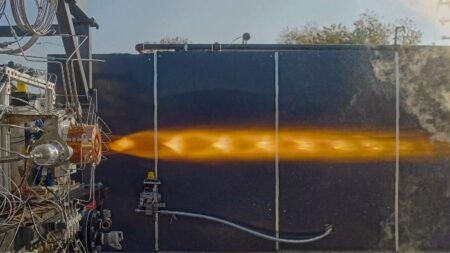SAKOR Technologies, a recognized leader in the area of high-performance dynamometer systems, has announced that it recently provided a dynamometer test system to General Atomics Aeronautical Systems for use in testing starters/alternators for military remotely piloted aircraft of the Predator class and larger.
The system features a 58 horsepower (Hp) AccuDyne AC 4 quadrant motoring dynamometer and other subsystems configured for starter/generator testing and is automated by SAKOR’s DynoLAB test automation controller.
The SAKOR test system will be used by General Atomics Aeronautical Systems for testing the motor that starts the RPA turbines. Once under turbine power, this motor then turns into a generator that produces electricity for flight controls and sensor suite onboard the RPA.
The AccuDyne four-quadrant dynamometer is capable of full bi-directional braking or driving the device under test. It can also provide full rated torque at stall (zero RPM). The dynamometer has been configured with 58 Hp bi-directional motoring and absorbing; line-regenerative power absorption; and a maximum speed of 12,600 rpm. The system is equipped with a heavy-duty test bench; vertical rack enclosure; and a four-phase power analyzer configured to measure the DC input and three-phase AC voltage, current and power output from the DUT motor controller (inverter). SAKOR also provided on-site installation supervision, commissioning, and training services.
The system is automated by SAKOR’s DynoLAB test automation controller, a powerful system that enables test engineers and/or technicians to design and implement complex test procedures without the need to learn a programming language. Operators can quickly configure and run tests using the easy to use, menu driven interface.
“We are proud to be involved with the effort to provide our military with the most advanced equipment in the world,” said Randal Beattie, president of SAKOR. “RPAs are at the forefront of modern technology and this test equipment will help ensure it remains state of the art far into the future.”





